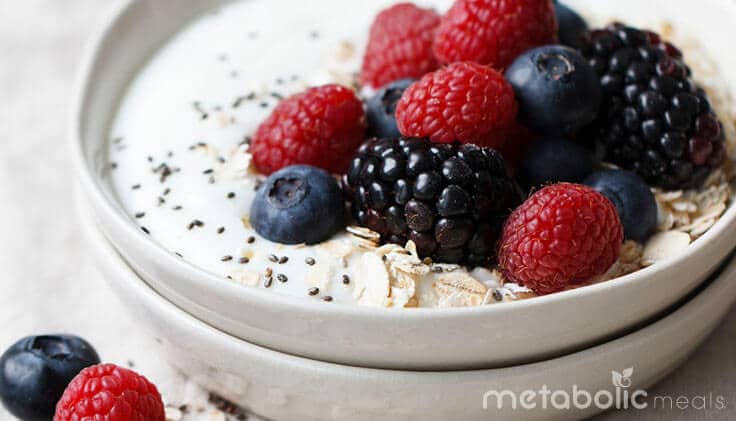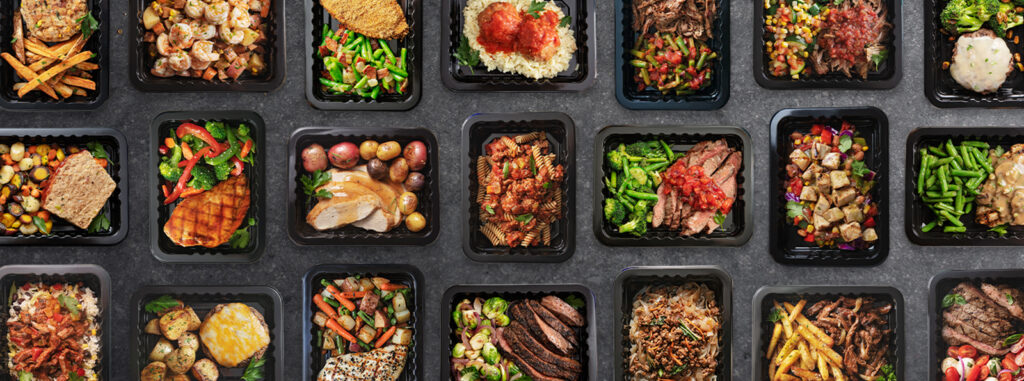Your intestines make up about 4,000 square feet of surface area, all of which helps contain and control what you absorb into your bloodstream. If any part of your intestinal lining is compromised, then so is its ability to prevent you from absorbing toxins and other substances.
A breach in the lining is known as leaky gut, and according to a Harvard Health article, the substances leaking into your bloodstream can trigger a range of adverse effects. Food particles, microbes, and toxins can lead to inflammation and changes to healthy gut bacteria. Such changes often play a role in several conditions, including celiac disease, Crohn’s disease, and irritable bowel syndrome.
Your intestines are meant to be somewhat permeable, but certain changes can cause them to be too much so. The Harvard Health article claims that you might be genetically predisposed for these changes to affect your gut more than others. Many of those changes involve the quality of your nutrition and how your body reacts to a diet that doesn’t provide everything it needs.
Leaky Gut and the Western Diet
Like any other part of your body, your gut needs enough of the right nutrients to function properly. That’s especially true because of the heavy influence of your gut’s microorganisms, the composition of which is highly affected by your diet. Unfortunately, with today’s Western diet, those effects are mostly negative.
For example, our typical diet is notoriously high in things like refined carbohydrates but dangerously low in essential nutrients such as fiber. Fiber, specifically, is necessary for your gut bacteria to create short-chain fatty acids, which they need to maintain your colonic health. Low fiber means a low supply of these acids, and studies have shown this could be a significant factor in developing leaky gut.
The good news, however, is that it isn’t difficult to adjust your diet for better gut health. With these five tips, you can reduce your symptoms of leaky gut and give your body the tools it needs to heal itself:
1. Stop giving your gut refined carbs.
Avoid foods that disrupt your gut microbiome, including alcohol, sugar, and other refined carbohydrates. The effort of processing these complex carbs can interfere with your digestive system and the composition of your gut bacteria. Instead, opt for a steady diet of fibrous foods, such as vegetables and whole grains.
The fatty acids that gut bacteria produce from the fiber are the main source of energy for cells in your colon and elsewhere. You’ll need plenty of it for these cells to repair the lining that has grown weak and is contributing to your leaky gut. These short-chain fatty acids can also help reduce inflammation and the risk of chronic inflammatory diseases.
2. Start giving it more probiotics.
Feeding your healthy gut essential minerals and nutrients is important, but you can also boost their health by including probiotics in your diet that boost their numbers. Probiotics are cultures of healthy bacteria that improve the composition of your gut’s microbiome. They’re introduced into a variety of foods to make them more beneficial for your gut health.
Yogurt is a well-known source of probiotics, especially the kind that contains only milk and cultures. Other dairy products also typically contain probiotics, though you can also get plenty more from sources such as kimchi, fermented vegetables, kombucha tea, and certain types of supplements.
3. Supplement your healthy gut bacteria.
In addition to probiotic foods, you can also boost your gut health with probiotic supplements. They can help you properly digest and absorb your food as well as improve or prevent leaky gut. For example, supplementing L-glutamine, an amino acid, could be necessary for the growth and repair of your intestinal lining.
A number of experiments involving glutamine supplementation have shown strong evidence that it strengthens and protects this lining. Others have shown that it can also help reduce inflammation in the colon and other areas of the intestine, which could significantly alleviate your symptoms.
4. Skip the NSAIDs and antibiotics whenever possible.
It isn’t just low-quality foods that can cause your gut to leak; substances that interfere with your gut bacteria at all can also be problematic. For instance, nonsteroidal anti-inflammatory drugs (NSAIDs) such as Advil and Tylenol have been shown to change the gut’s microbiome, which we know is a high risk factor and contributor to leaky gut.
Antibiotics are made specifically to attack microorganisms and prevent them from multiplying. These drugs don’t always differentiate between healthy and harmful bacteria and can wreak havoc with your gut’s microbiome, as well. If you need to take a round of antibiotics, be sure to replenish with your gut with natural and supplemental probiotics.
5. Give your gut a break once in a while.
With all that your gut is responsible for, it’s a good idea to let it rest whenever possible. That means getting plenty of quality sleep — at least seven to nine hours every night — and alleviating excess stress. Your body repairs itself most efficiently when you sleep and much less efficiently when you’re stressed and anxious. That anxiety makes it only more difficult to rest.
You can also give your gut a break by fasting intermittently. By eating only during certain hours of each day, you concentrate your gut’s digestive responsibilities only to those hours. The rest of the day, it can focus on things like maintaining and repairing cells throughout your colon and intestinal lining.
A leaky gut is no fun, and if left unchecked, it could have a big impact on your risks for several serious chronic conditions. Heal your gut by ensuring that you feed it only high-quality nutrients and probiotics while avoiding things that can negatively influence its essential microbiome.









